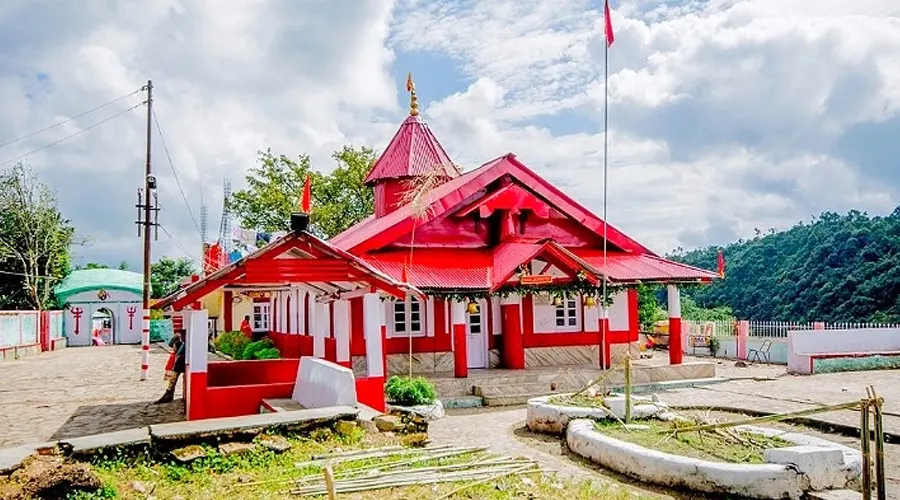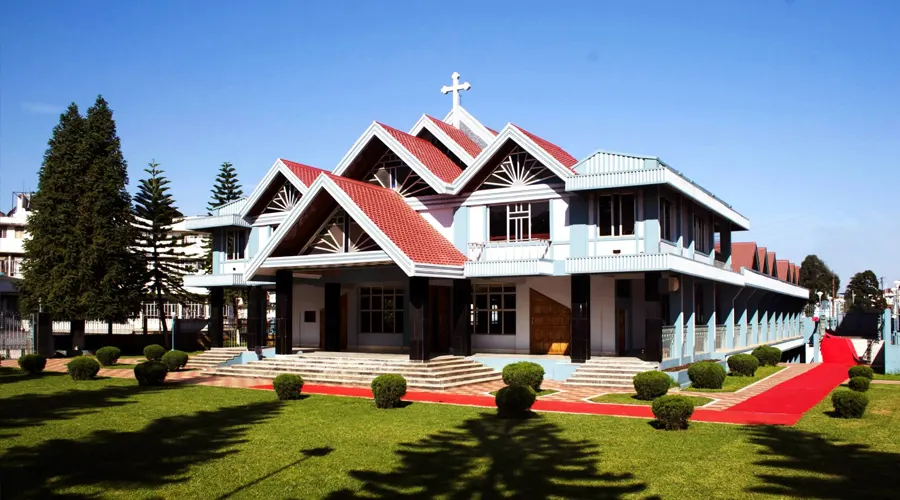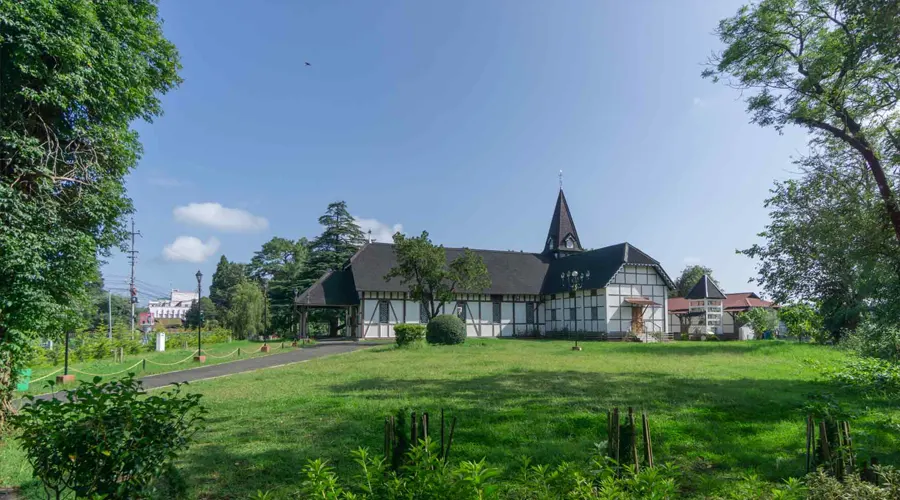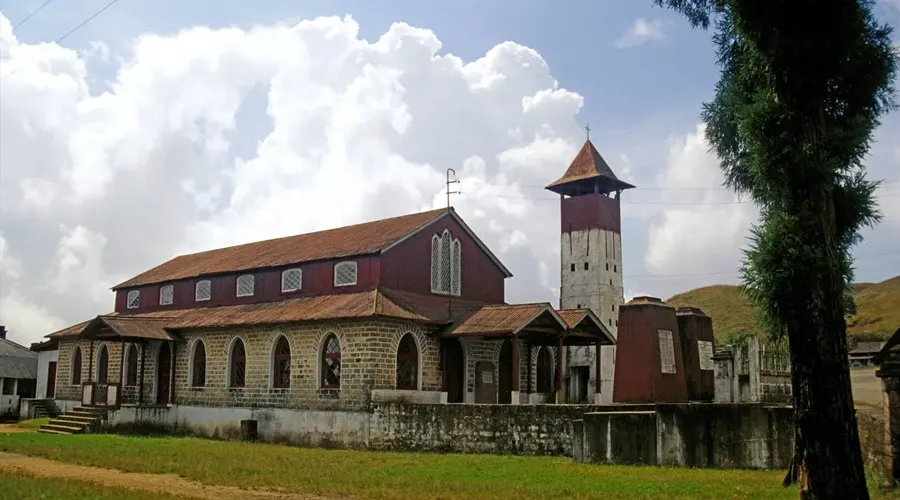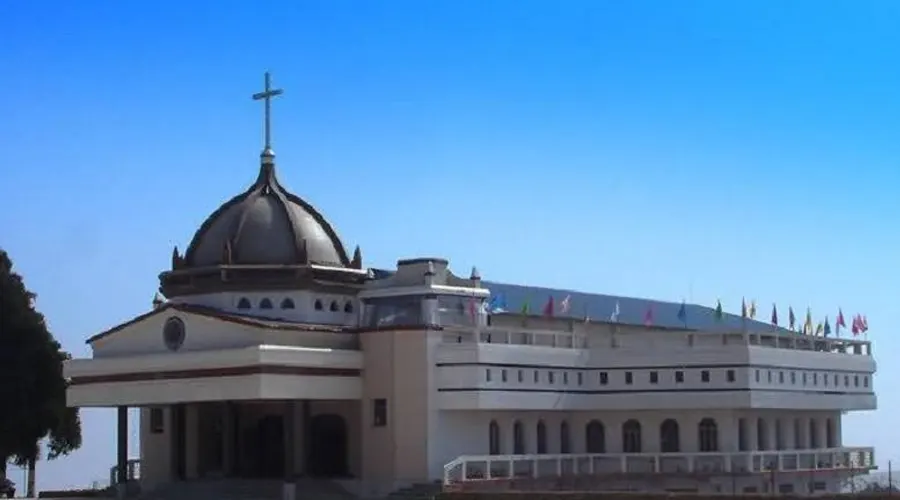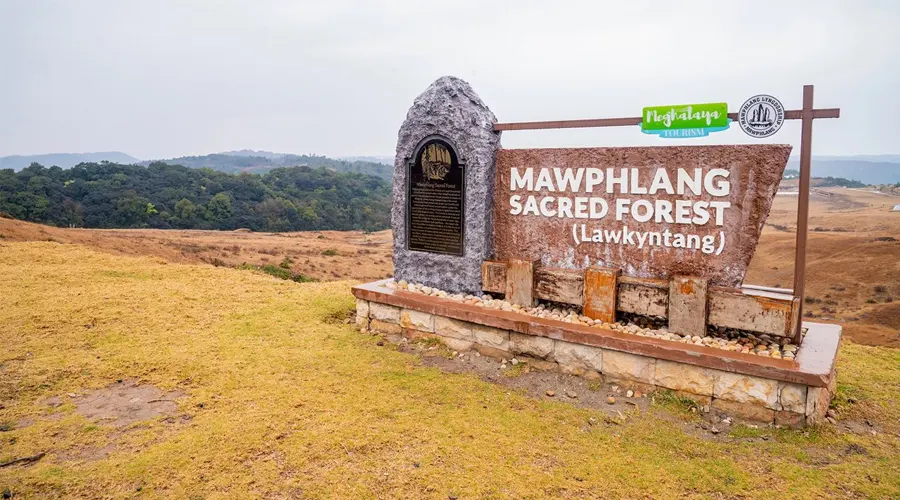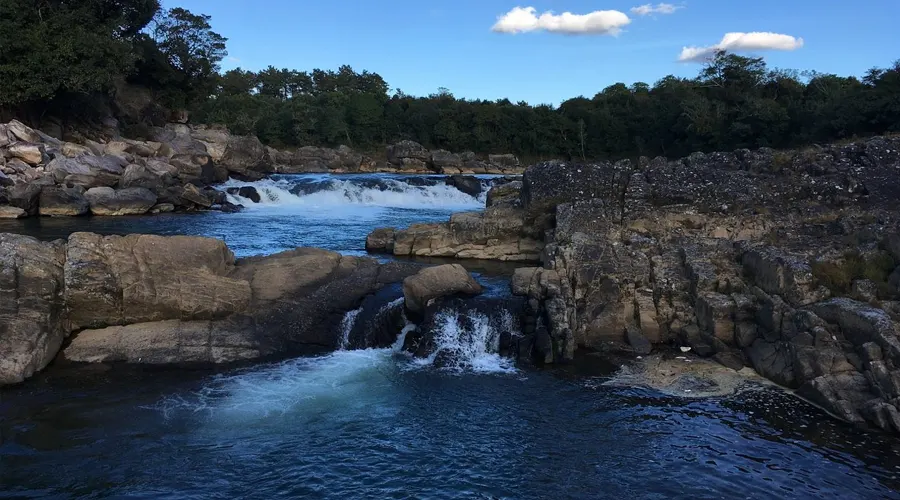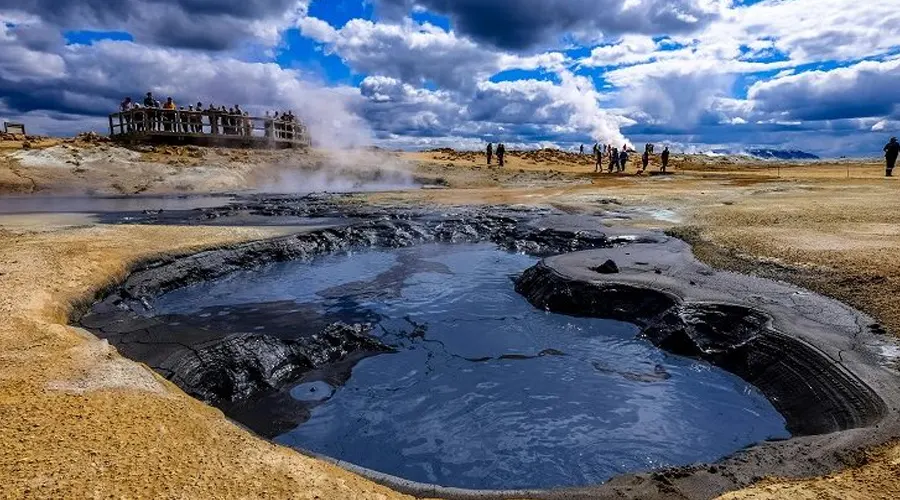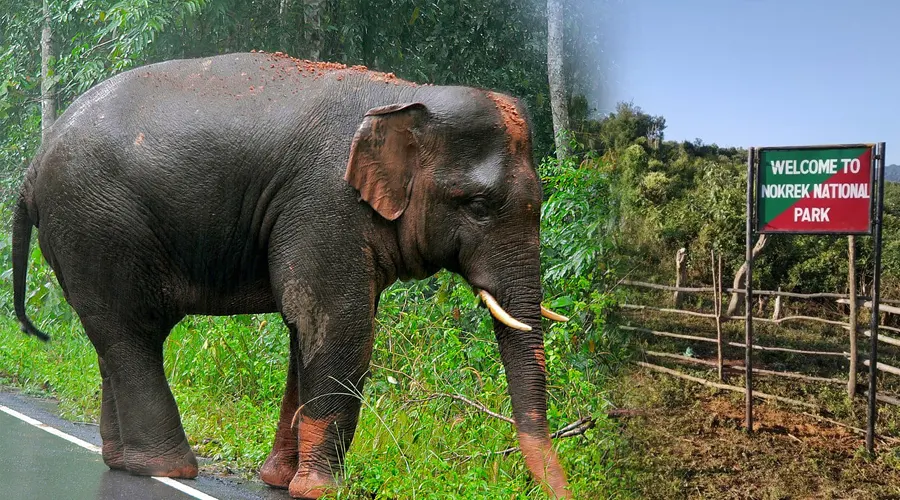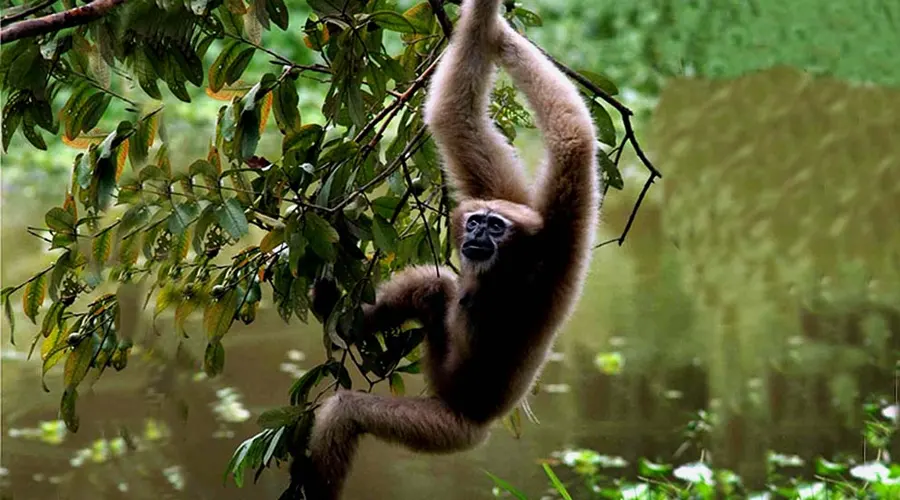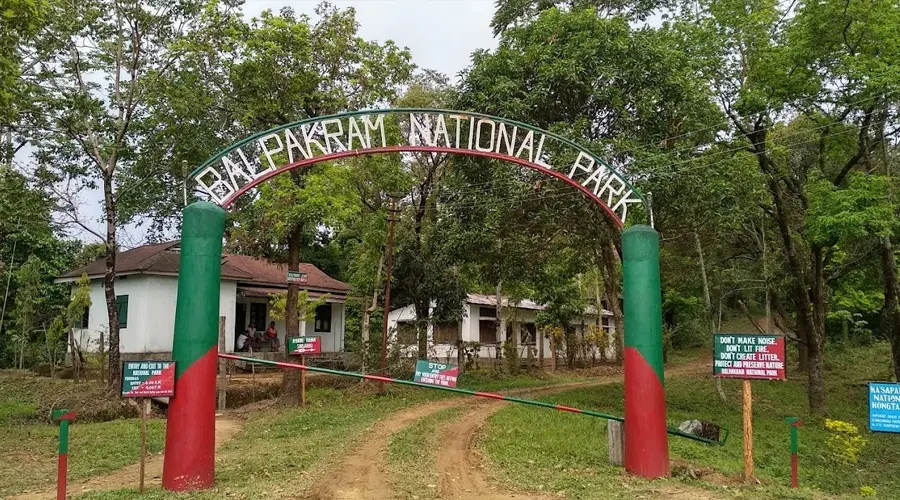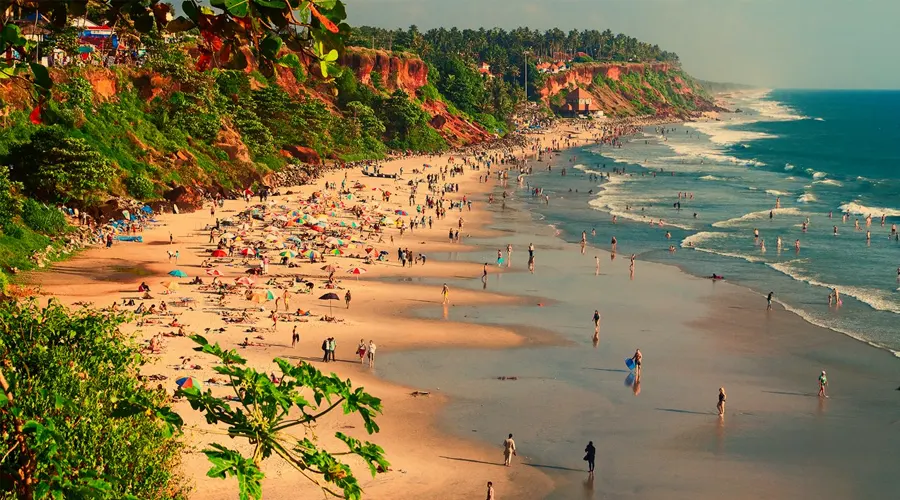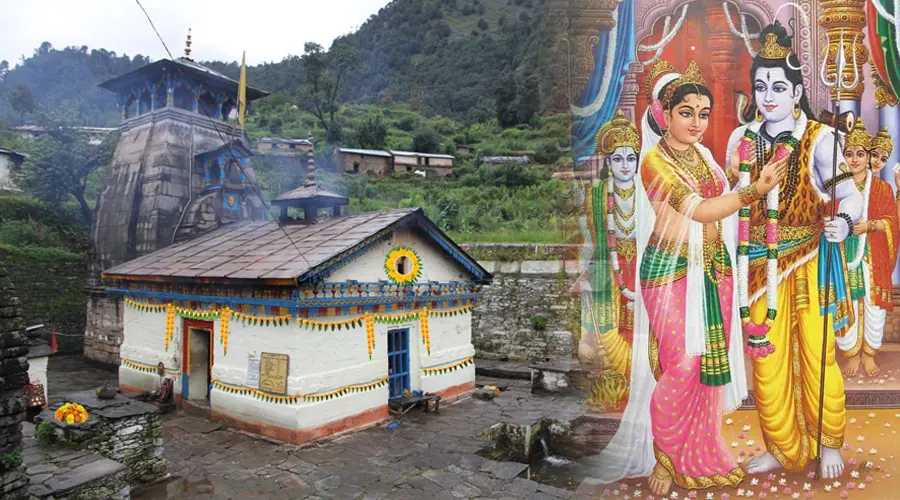Siju Bird Sanctuary – A Hidden Paradise For Bird Lovers In Meghalaya
Nestled beside the Simsang River in the South Garo Hills of Meghalaya, Siju Bird Sanctuary is a lesser-known yet enchanting destination for nature lovers and birdwatchers. Located near the village of Siju, this tranquil sanctuary is rich in biodiversity and is one of the few places in India where migratory Siberian ducks, Grey Hornbills, and the elusive Peacock Pheasant can be spotted.
This protected area lies close to the famous Siju Caves, offering a wonderful blend of avian and geological wonders. The peaceful surroundings, river landscape, and thick forest make Siju an ideal escape for eco-tourists and wildlife photographers.
History and Ecological Significance of Siju Bird Sanctuary
Siju Bird Sanctuary was established with the primary aim of preserving the diverse avian population native to this part of Meghalaya. The sanctuary lies within a rich ecological zone that connects with other protected regions such as the Balpakram National Park and Baghmara Reserve Forest.
The area's ecological importance lies in its semi-evergreen and subtropical forests, which serve as breeding grounds for birds and other wildlife. Siju is also part of a larger wildlife corridor used by migratory species, and it provides a resting point for birds traveling long distances from Central Asia and Siberia.
This region is particularly known among birdwatchers for rare sightings of the Vulnerable Peacock Pheasant and the migratory Bar-headed Geese. The nearby Siju Caves and natural limestone formations also add geological significance to this eco-tourism spot.
Key Birds to Spot at Siju Bird Sanctuary
Bird Species | Status | Highlights |
Siberian Ducks | Migratory | Seen in winter months near the river |
Grey Hornbill | Resident | Commonly sighted around fruiting trees |
Peacock Pheasant | Rare | Elusive and vibrant; a true forest gem |
Hill Myna | Protected | Known for mimicry and loud calls |
Bar-headed Geese | Occasional | Rare migratory sightings |
Things to Do at Siju Bird Sanctuary
- Birdwatching: Spot rare species like Siberian ducks, Grey Hornbills, and the Peacock Pheasant.
- Nature Trails: Enjoy short forest walks guided by local experts for bird spotting.
- Visit Siju Caves: Just a few minutes away, these limestone caves are filled with bat colonies and natural formations.
- Photography: The lush backdrop and exotic bird species offer a visual treat for shutterbugs.
- River Views: Relax by the scenic Simsang River, perfect for early morning strolls.
Nearby Attractions
Place | Distance | Highlights |
Siju Caves | <1 km | Limestone caves, bat colonies |
Baghmara Reserve Forest | 35 km | Elephant sightings, birdwatching |
Balpakram National Park | 40 km | Wildlife, red panda, canyons |
Selbagre Gibbon Reserve | 160+ km | Sacred groves, Hoolock Gibbons |
Travel Tips
- Bring binoculars and a camera for best birdwatching experience.
- Hire local guides from Siju or Baghmara for bird trails and safety.
- Morning and dusk are best for bird spotting.
- Limited stay options; best to stay in Baghmara or carry camping gear if permitted.
- Respect the sanctuary rules – no littering or loud noise.
Siju Bird Sanctuary is a quiet treasure tucked away in the hills of Meghalaya, offering a rare opportunity to observe exotic birds in their natural habitat. If you're a wildlife enthusiast, birdwatcher, or someone craving a break from commercial travel circuits, Siju is your serene escape.
Faq About Siju Bird Sanctuary – A Hidden Paradise For Bird Lovers In Meghalaya
Ans: Siju Bird Sanctuary is located near Siju village in South Garo Hills, close to the Simsang River and Siju Caves.
Ans: You can spot Siberian ducks, Grey Hornbills, Peacock Pheasants, Hill Mynas, and more.
Ans: Siberian ducks arrive in the winter months (November–February) during their migratory season.
Ans: Yes, it's open year-round, but winter months are best for birdwatching.
Ans: Usually no permit is required for short visits, but it's best to check with local forest officials.
Ans: Yes, it's a peaceful spot ideal for families, birdwatchers, and nature lovers.
Ans: Facilities are minimal; carry water and snacks. The nearest town for food/stay is Baghmara.
Ans: Around 30–35 km from Baghmara by road.
Ans: Yes, the caves are located very close to the sanctuary and can be visited together.
Ans: Some guides understand basic Hindi and English, but it's advisable to go with a translator or contact local tourism offices.


